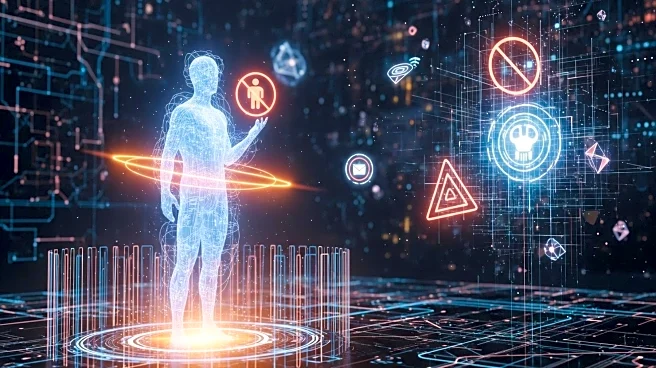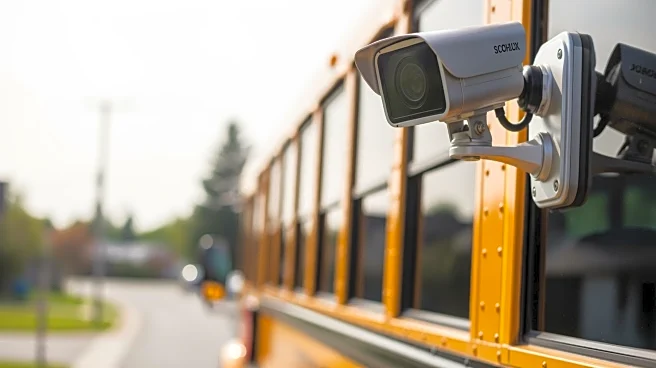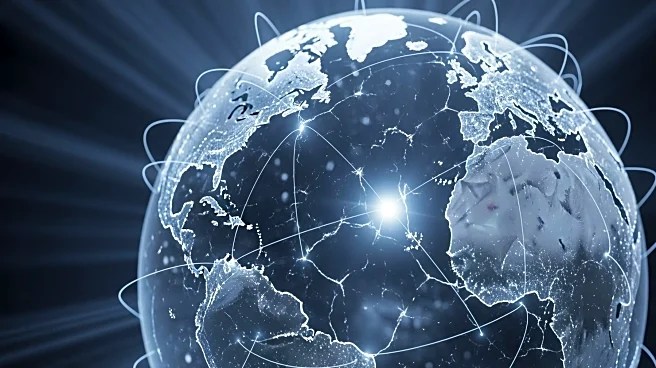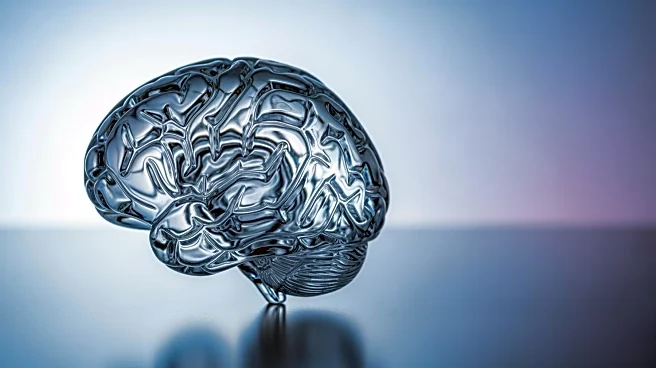What is the story about?
What's Happening?
OpenAI has announced a shift in its policy regarding the use of copyrighted characters in its AI video generation model, Sora 2. Initially, the platform allowed copyrighted content unless rightsholders opted out. However, following pressure from entities like the Motion Picture Association, OpenAI CEO Sam Altman stated that the company will now require rightsholders to opt-in for their content to be used. This change comes after the platform was flooded with unauthorized use of copyrighted material, leading to concerns about potential infringement. OpenAI's decision aims to give rightsholders more control over their intellectual property, although it has sparked discontent among users who enjoyed creating videos with popular characters.
Why It's Important?
The decision by OpenAI to require opt-in consent for using copyrighted characters in Sora reflects the growing tension between AI innovation and intellectual property rights. This move is significant for the entertainment industry, which has been vocal about protecting its assets from unauthorized use. It highlights the challenges AI companies face in balancing creative freedom with legal obligations. The change could impact how AI models are trained and used, potentially setting a precedent for other AI platforms. While it may appease copyright holders, it risks alienating users who find value in the creative possibilities offered by AI-generated content.
What's Next?
OpenAI's policy shift may lead to further discussions and negotiations with copyright holders to establish clear guidelines for AI-generated content. The company might need to refine its technology to better filter and manage copyrighted material, ensuring compliance with legal standards. Additionally, OpenAI could face backlash from its user base, prompting it to explore alternative ways to engage users without infringing on intellectual property rights. The broader AI industry may watch closely to see how OpenAI navigates these challenges, potentially influencing future regulatory frameworks for AI content generation.
Beyond the Headlines
The ethical implications of AI-generated content are profound, as they touch on issues of creativity, ownership, and the role of technology in cultural production. OpenAI's decision underscores the need for a nuanced approach to AI regulation that respects both innovation and intellectual property. This development may encourage more dialogue between tech companies and creative industries to find mutually beneficial solutions. It also raises questions about the future of AI in entertainment and how it can coexist with traditional media without compromising artistic integrity.















